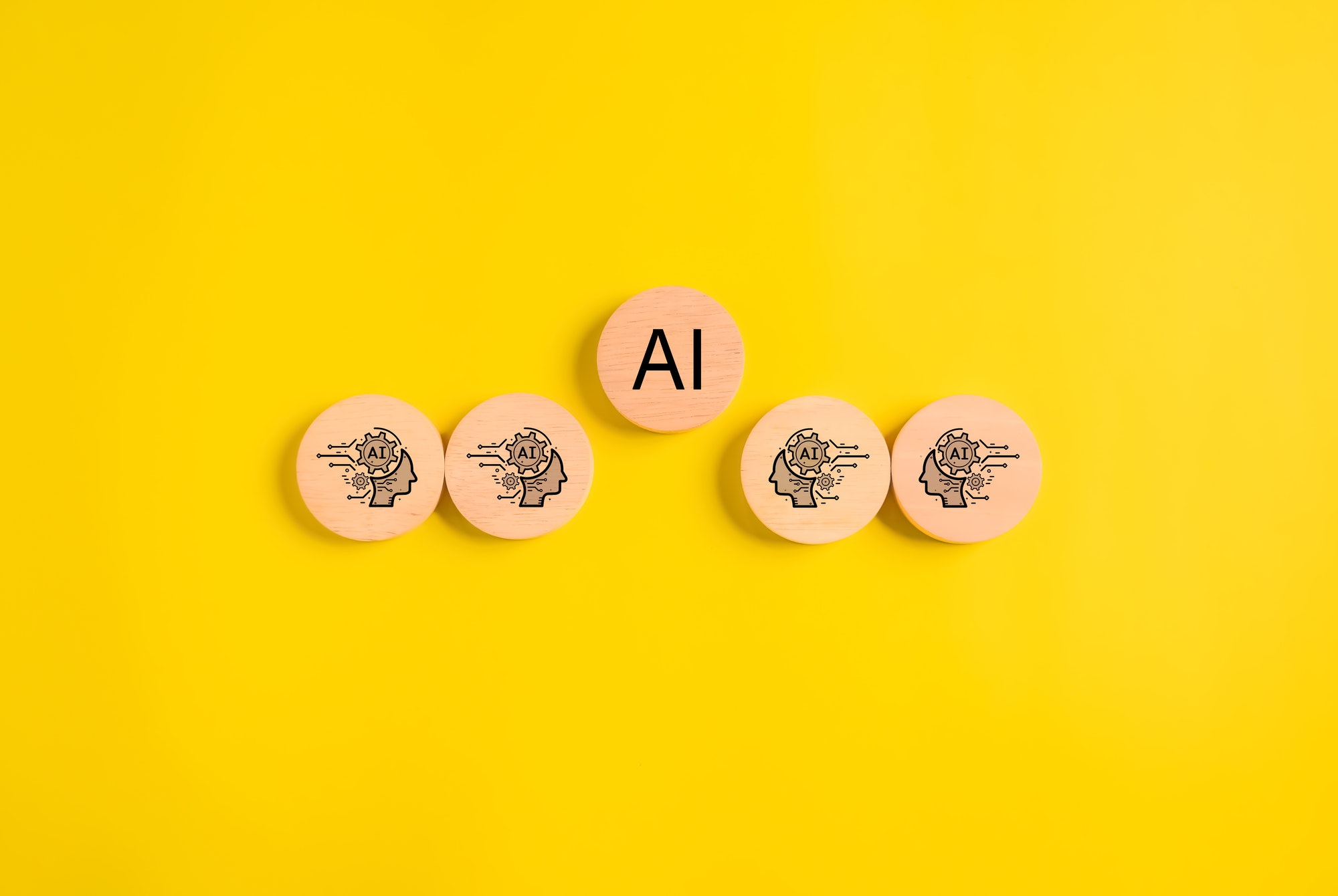Let’s dive into how AI (Artificial Intelligence) is changing the game in recruitment. It’s not just about making things faster; it’s also about making hiring fairer and more diverse. Here’s a breakdown of how AI is reshaping the way companies find and hire people.

AI in Recruitment: A Big Change for Better Hiring
AI in recruitment is a big deal. It’s changing how companies hire people. Instead of just speeding things up, AI helps make the workplace more diverse and inclusive. By handling repetitive tasks, AI lets recruiters focus on more important stuff like building relationships and planning.
AI Helps Find the Right People
AI is super helpful in finding the right candidates for a job. It doesn’t just look for keywords in resumes; it considers a bunch of things like a person’s skills, experience, and how well they might fit into the company culture. This means companies can find people who are a really good match for the job.
AI Fights Unfair Bias
One cool thing about AI in hiring is that it helps fight bias. It uses data to make decisions, so it’s more about what you know and can do, not who you are. This means everyone gets a fair chance, which is really important.
AI Making New Stuff in Recruitment
AI is also used to create new things in recruitment, like realistic job descriptions and interview questions. This makes the hiring process more tailored to each job and candidate.
Learning and Getting Better
AI tools that use machine learning get better over time. They learn from the data they see, which means they keep improving the hiring process, making it smarter and more effective.

The AI Talent Pool: More Choices for Companies
An AI talent pool is like a big, smart database of potential candidates. It includes people actively looking for jobs and those who might be interested if the right opportunity comes along. This gives companies a lot more options when they’re hiring.
Making the Whole Hiring Process Smoother
AI can help with every step of hiring, from first contacting candidates to making the final decision. This includes scheduling interviews, checking resumes, and initial tests. It makes things easier and more pleasant for everyone involved.
AI and Hiring Diverse Teams
One of the best things about AI in hiring is how it helps companies build diverse teams. By focusing on skills and potential, AI helps create workplaces where everyone has a chance to succeed. Diverse teams are not just good for fairness; they’re also great for business because they bring different ideas and perspectives.
Looking at Future Potential
AI doesn’t just look at what a candidate can do now; it also considers their potential for the future. This helps companies find people who might not have the usual background or experience but could still be great for the job.
Wrapping Up
So, to sum it up, AI in recruitment is a big step forward. It’s not just about using new technology; it’s about making hiring fairer, faster, and smarter. By using AI, companies can improve their hiring process and make sure they’re getting the best people in the most unbiased way. The future of hiring is here, and it’s all about smart tech.

FAQ Section
What is AI in Recruitment?
AI in recruitment refers to using artificial intelligence technology to improve the hiring process. This includes automating repetitive tasks, analyzing resumes more effectively, and even assessing a candidate’s potential fit for a role.
How Does AI Help in Reducing Bias in Recruitment?
AI helps reduce bias by focusing on data-driven decisions. It evaluates candidates based on their skills and experiences, rather than subjective factors. This means decisions are made based on merit, not personal biases.
Can AI in Recruitment Completely Replace Human Recruiters?
No, AI in recruitment is not meant to replace human recruiters. Instead, it’s a tool to assist them. AI can handle repetitive tasks and initial screening, but human judgment and interaction are crucial for final hiring decisions.
What is a Machine Learning Recruitment Tool?
A machine learning recruitment tool is an AI system that learns and improves over time. It analyzes data from past recruitment processes to make better decisions in the future, constantly refining how it identifies and selects candidates.
What is an AI Talent Pool?
An AI talent pool is a dynamic database of candidates, maintained and analyzed by AI. It includes both active job seekers and passive candidates who might be open to new opportunities, giving companies a broader range of potential hires.
How Does AI Improve the Recruitment Lifecycle?
AI improves the recruitment lifecycle by automating tasks like scheduling interviews, screening resumes, and conducting initial assessments. This makes the process more efficient and candidate-friendly.
Is AI in Recruitment Good for Diversity?
Yes, AI can significantly improve diversity in hiring. By focusing on skills and potential rather than personal or demographic details, AI promotes a more inclusive recruitment process.
Can AI Predict a Candidate’s Future Success?
AI can assess a candidate’s potential future success by analyzing various factors beyond just their current skills and experience. However, it’s a predictive model and not a guarantee, as many variables can influence future performance.
Will AI in Recruitment Get More Advanced in the Future?
AI in recruitment is expected to become more advanced with ongoing technological developments. This includes better predictive analytics, more nuanced candidate assessments, and even more personalized recruitment experiences.
How Do Companies Implement AI in Their Recruitment Process?
Companies implement AI in their recruitment process by adopting AI-powered tools and platforms. These can range from resume screening software to AI-driven interview scheduling systems. The key is integrating these tools seamlessly with existing recruitment practices.
Sources AIAuthority


